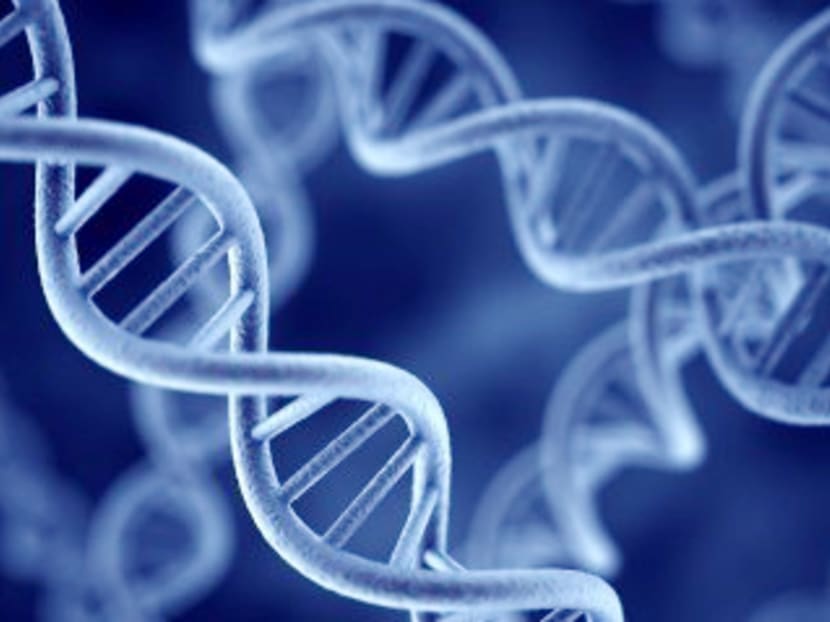Cloning factory has technology to clone humans: Chinese scientist
BEIJING — The Chinese scientist behind the world’s biggest cloning factory has technology advanced enough to replicate humans, but is holding off for fear of the public reaction.

Getty Images file photo
BEIJING — The Chinese scientist behind the world’s biggest cloning factory has technology advanced enough to replicate humans, but is holding off for fear of the public reaction.
Boyalife Group and its partners are building a giant plant in the northern Chinese port of Tianjin, where it is due to go into production within the next seven months, aiming for an output of a million cloned cows a year by 2020.
But cattle are only the beginning of CEO Xu Xiao-Chun’s ambitions. Also in the factory pipeline are thoroughbred racehorses, as well as pet and police dogs specialised in searching and sniffing.
Boyalife is already working with its South Korean partner Sooam and the Chinese Academy of Sciences to improve primate-cloning capacity to create better test animals for disease research.
And it is a short biological step from monkeys to humans — potentially raising a host of moral and ethical controversies. “The technology is already there,” said Dr Xu. “If this is allowed, I don’t think there are other companies better than Boyalife in making better technology.”
The firm does not engage in human cloning activities, he said, adding that it has to be “self-restrained” because of a possible adverse reaction.
But social values can change, Dr Xu pointed out, citing changing views on homosexuality and suggesting that, in time, humans could have more choices about their own reproduction.
“Unfortunately, currently, the only way to have a child is to have it be half its mum, half its dad,” he said.
“Maybe in the future you (will)have three choices instead of one. You either have 50-50, or you have a choice of having the genetics 100 per cent from Daddy or 100 per cent from Mummy.”
Dr Xu, 44, went to university in Canada and the United States, and has previously worked for US pharmaceutical giant Pfizer, and in drug development.
Presenting cloning as a safeguard of biodiversity, the Tianjin facility will house a gene bank capable of holding up to about five million cell samples frozen in liquid nitrogen — a catalogue of the world’s endangered species for future regeneration.
Boyalife’s partner, Sooam, is already working on a project to bring the woolly mammoth back from extinction by cloning cells preserved for thousands of years in the Siberian permafrost. Sooam also serves a niche market re-creating customers’ dead pet dogs, reportedly for US$100,000 (S$141,000) a time.
For now, Dr Xu seeks to become the world’s first purveyor of “cloned” beef, breeding genetically identical super-cattle that he promises will taste like Kobe and allow butchers to “slaughter less and produce more” to meet the demands of China’s middle class.
There is, however, controversy over whether cloned beef is safe for human consumption.
Research by the US Food and Drug Administration said that it is, but the European Parliament has backed a ban on cloned animals and products in the food chain.
The United Nations’ Food and Agriculture Organization has yet to review the issue.
Ms Han Lanzhi, a genetically modified organisms safety specialist at the Chinese Academy of Agricultural Sciences, said Boyalife’s claims about the safety, scope and timeline of their operations were alarming and implausible. “To get approval for the safety of cloned animals would be a very drawn-out process, so when I heard this news, I felt very surprised,” she said.
“There must be strong regulation because as a company pursuing its own interests, they could very easily do other things in the future.”
Dr Xu, however, sought to assure the public.
“We want the public to see that cloning is really not that crazy,” he said. AFP





